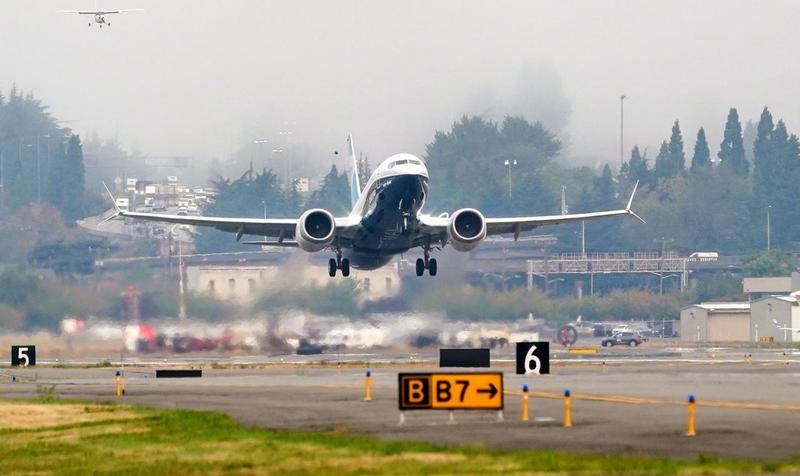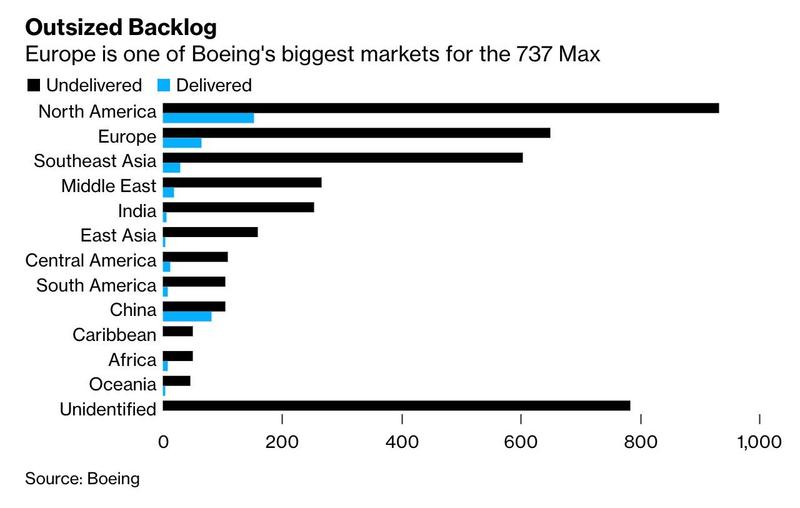From Zero Hedge

Not long after the head of the FDA took a test flight on the newly revamped Boeing 737 MAX 8, Europe's top travel regulator has surpised the aviation world by becoming the first major regulatory body to sign off on the 737 MAX 8 returning to the skies, roughly 18 months after the plane was grounded internationally after a second suspicious crash.
Even though an upgrade demanded by the agency won't be ready for up to two years, EASA - the European Aviation Safety Agency - has signed off on allowing the MAX to return to commercial flight before the end of the year. According to Patrick Ky, the executive director of the agency, the regulator is performing final document reviews ahead of a draft airworthiness directive that's expected to be issued next month. The directive will be followed by a 4-week public comment period. Boeing has said that plans to add an additional "synthetic" sensor to add redundancy will take 20 to 24 months. Though, to be sure, that "software-based" solution will be added to the larger Max 10 variant before it's 2022 debut.
"Our analysis is showing that this is safe, and the level of safety reached is high enough for us," Ky said in an interview. "What we discussed with Boeing is the fact that with the third sensor, we could reach even higher safety levels."
Though a sign off from the FAA would be the ultimate boon, after Boeing again booked zero new orders for the MAX in September, the European market is still one of Boeing's biggest.

The MAX 8 was grounded in March 2018, and since then, Congressional and criminal probes have uncovered clear evidence that Boeing cut corners during the development of the plane, putting "profits before people". In one now-infamous set of internal correspondence, engineers at the company openly mocked the 737 MAX 8's design.
Congress also found that the FAA outsourced so much of the approval process to Boeing itself, a dangerous example of regulatory capture that led to hundreds of deaths.
After shedding half of their value since the start of the year, Boeing shares were up more than 2% on the news during premarket trading. Given all the embarrassing details showing how deeply Boeing corrupted the FAA approval process, the public might not have been so trusting if the FAA had taken the lead. The fact that EASA is the first to step up and give Boeing the green light - despite the WTO dispute between European champion Airbus and its American rival - might make a difference when it comes to the all-important metric of consumer trust.